 6 years ago
6 years ago
The Story Behind Rhode Island’s Most Important Legal Case: Trevett v. Weeden in 1786
[Editor’s Note: This article is adapted from an address Patrick T. Conley gave at the Old Colony House in Newport on May 3, 1976]
I have chosen to examine an …
Read More
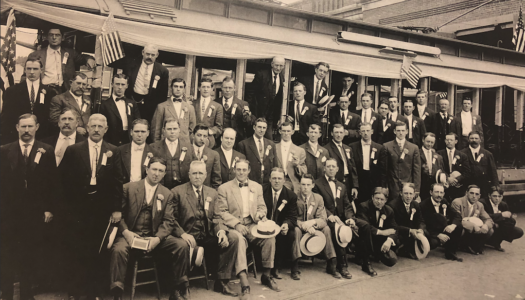 6 years ago
6 years ago
Providence’s First Trolley in 1892
The pioneering Union (Horse) Railroad Company, Rhode Island’s largest mass transit carrier, survived several competitive scares in the late 1880s. The town of Woonsocket had hosted the first regular electric …
Read More
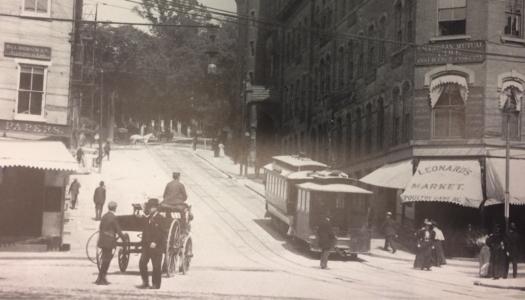 6 years ago
6 years ago
The Providence East Side Cable Tramway Becomes a Reality
Building of the Providence Cable Tramway in 1889 fascinated Rhode Islanders. A power house on South Angell Street, near the Seekonk River, pulled 17,000 feet of cable more than an …
Read More
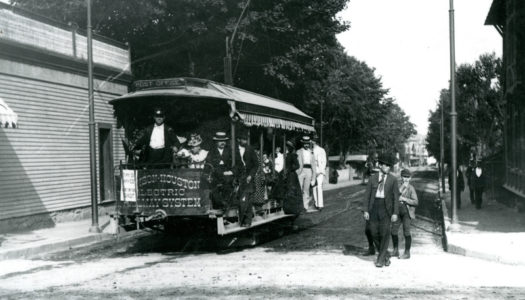 6 years ago
6 years ago
The First Rhode Island Electric Trolleys: Woonsocket and Newport
The character and deportment of the Union Railroad’s drivers and conductors won the carrier legions of patrons. The horsecar enterprise, however, was an urban system that operated within a few …
Read More
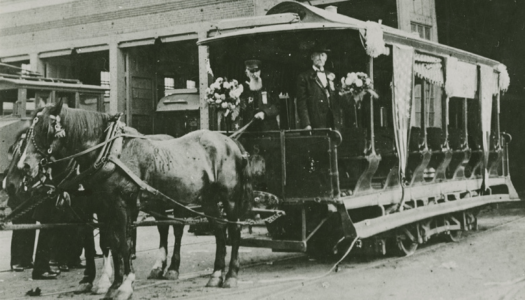 6 years ago
6 years ago
Horsecar Drivers & Customers
Passengers and carmen enjoyed a close, personal rapport during the horsecar period. Despite a company prohibition against “unnecessary conversation with passengers,” both drivers and conductors cultivated a clientele almost like …
Read More
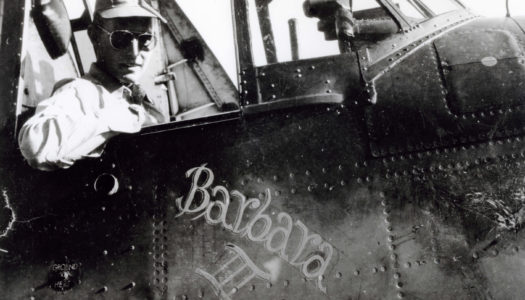 6 years ago
6 years ago
Rhode Island’s Two Greatest Wartime Love Letters, by Sullivan Ballou … and George H.W. Bush
The letter penned by Sullivan Ballou, a major in the 2nd Rhode Island Infantry Regiment hailing from Smithfield, one week before he fought at the first Battle of Bull Run, …
Read More
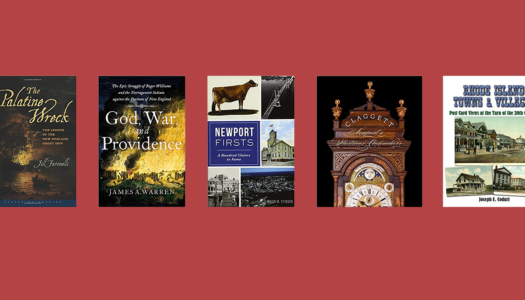 6 years ago
6 years ago
Some Recent Rhode Island History Books For Your Reading Pleasure
The year 2018 was not a particularly strong year for the publication of Rhode Island history books. Next year is shaping up to be a banner year, I hear. But …
Read More
 6 years ago
6 years ago
“With regret I am called to inform you:” Civil War Notification to a Rhode Island Family
In the early morning hours of October 19, 1864, a large Confederate force under the command of Jubal Early attacked a Union encampment near Cedar Creek, Virginia. Stunned from the …
Read More
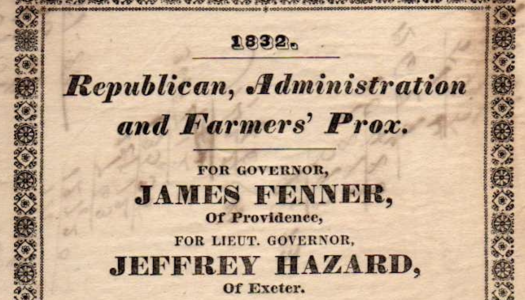 6 years ago
6 years ago
Rhode Island in the 1800s Failed to Elect a Governor in Eleven General Elections
Rhode Island from its earliest days as a colony had a large degree of political freedom. Unlike most other English colonies that had either an appointed royal governor, such as …
Read More
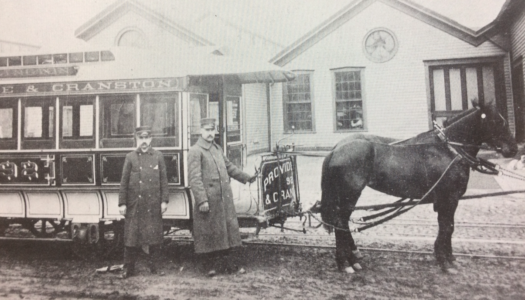 6 years ago
6 years ago
Horsecar Workers
The Sprague Brothers’ Union (Horse) Railroad decided to hire the best available personnel by paying generous wages. Horsecar workers received a two-dollar-a-day salary at the inception of service in 1864. …
Read More





















